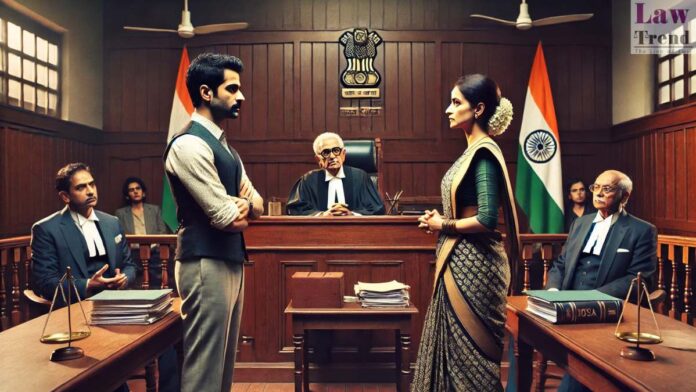In a recent judgment, the Madhya Pradesh High Court emphasized that Section 125 of the Criminal Procedure Code (CrPC) is not meant to create an “army of idle people waiting for maintenance.” The court, presided over by Justice Prem Narayan Singh, made this observation while reducing the maintenance awarded to a wife in a matrimonial
To Read More Please Subscribe to VIP Membership for Unlimited Access to All the Articles, Download Available Copies of Judgments/Order, Acess to Central/State Bare Acts, Advertisement Free Content, Access to More than 4000 Legal Drafts( Readymade Editable Formats of Suits, Petitions, Writs, Legal Notices, Divorce Petitions, 138 Notices, Bail Applications etc.) in Hindi and English.




